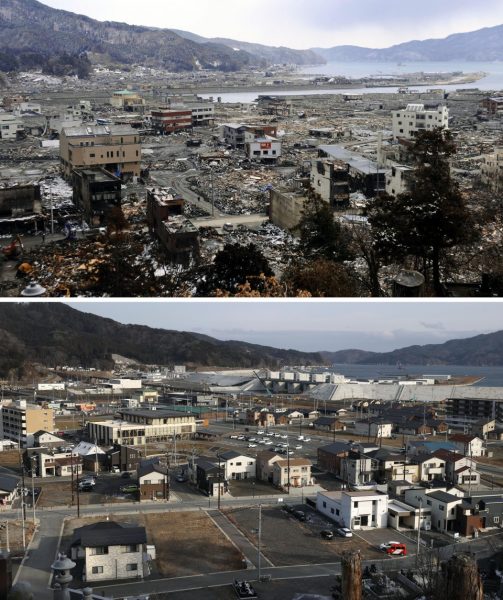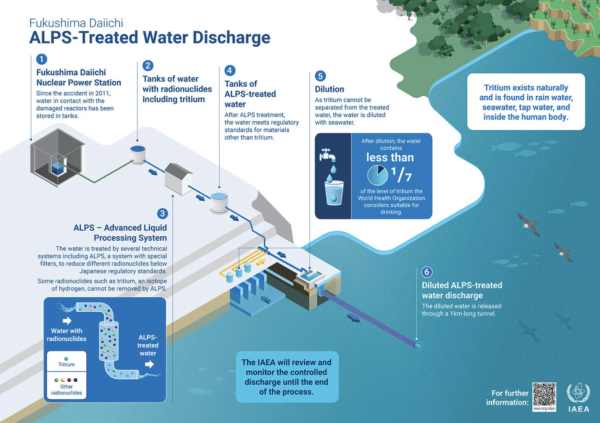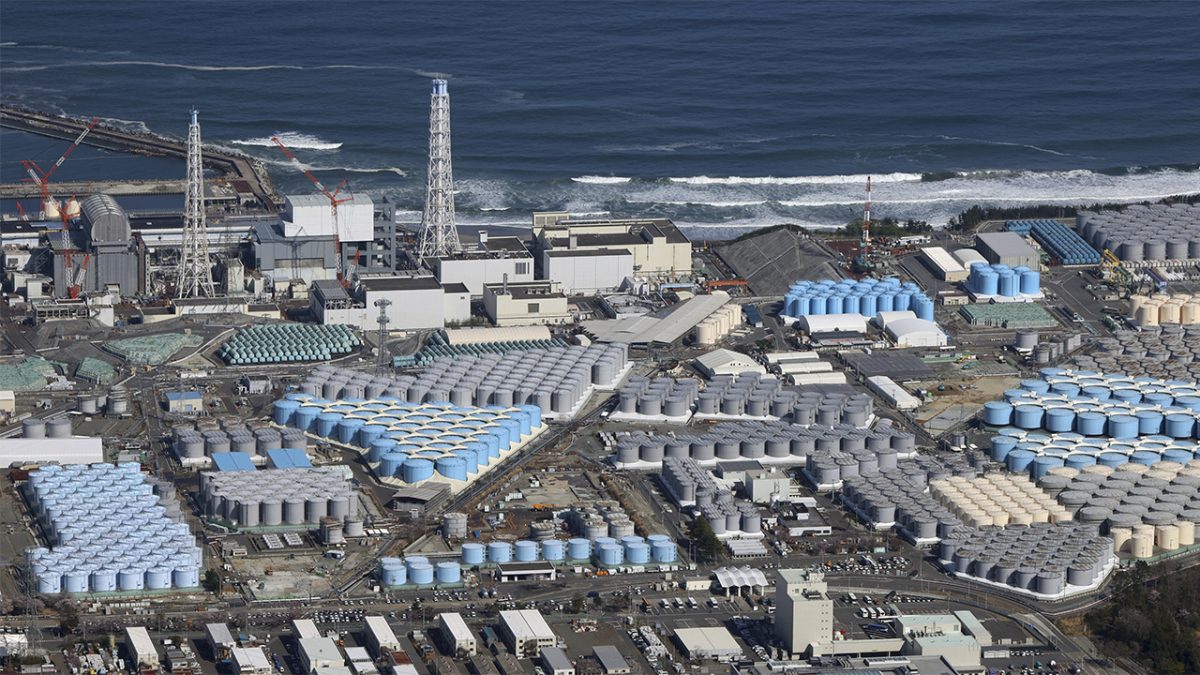
On March 11, 2011, a nuclear power plant in Okuma, Fukushima was destroyed due to a tsunami triggered by an earthquake. The radiation from the power plant affected everyone and everything around it. Almost half a million people were forced to leave their homes as a result of the earthquake, tsunami, and nuclear accident. They could no longer live there due to the high amounts of radiation. Sixteen workers were injured in the explosions and dozens more were exposed to radiation as they worked to cool the reactors and stabilize the plant. Three people were reportedly taken to the hospital after high-level exposure to radiation.
Water cooled the highly radioactive reactors mixed with groundwater and rainwater. It is currently stored in tanks at the plant; now Japan says it is running out of space to hold these contaminated waters. These waters were stored in 1,000-gallon tanks, yet there are 350 million gallons of contaminated water. These waters contain dangerous radioactive isotopes like cesium-137, strontium-90, and tritium.

This past August, Japan started slowly releasing these radioactive waters. These waters that they are releasing into the Pacific Ocean have been treated. The radioactive particles have been filtered out as best as possible. The only particle they have not been able to filter out of the water is tritium.
It is not possible to filter out tritium since it is an isotope of hydrogen. Hydrogen is an element in water thus it cannot be filtered out. It is not the most dangerous isotope, but it is still dangerous.

Japan is diluting this contaminated water so the water will not be as concentrated when it enters the ocean. They plan on making it so that there is less tritium in every drop of water. All the contaminated water will not go into the Pacific Ocean all at once but rather slowly over the decades. This is to lessen its environmental impact.
Most scientists believe that the risk is extremely low and not even a risk at all if it is done appropriately according to Jim Smith, a professor of environmental science at the University of Portsmouth. Others are still worried about the long-term effects it may cause. These waters can potentially hurt the ocean’s environment since the water has radioactive particles still in it. The animals that live in these waters are going to be affected by this. These isotopes are known for making people sick. They even cause cancer over time. This will hurt the aquatic ecosystem thus harming the biodiversity of the ecosystem.



